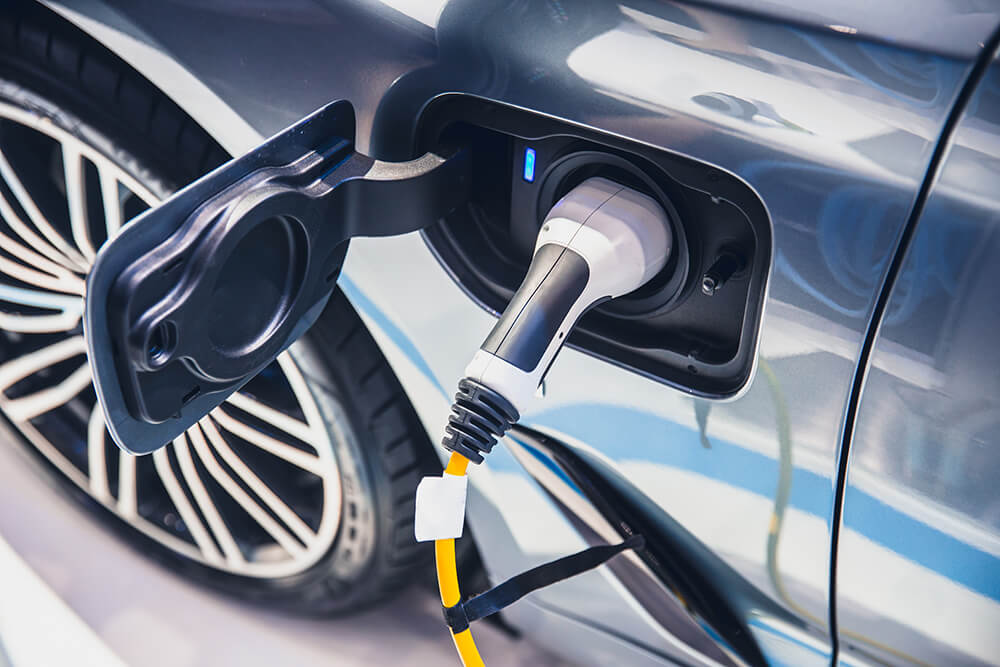Just 44% of all commuter car parks in Britain have an electric vehicle charging point, reveals a new investigation.
The research showed that of the 12,000 parking spaces checked, less than 1% had an EV charging point.
In its inaugural Commuter Car Park Report, the Electric Car Scheme has highlighted how the UK needs to drastically increase its production of electric chargers ahead of the 2030 ban on the sale of petrol and diesel cars.
Electric chargers will be essential for over a third of all UK residents as over a third of all UK properties do not have off-street parking.

Currently, fewer than 36,000 public charging devices are operational in Britain, with the government facing increasing pressure to help local authorities.
The government has pledged to have 300,000 public charging points; however, they would need to increase their production by 245%.
Scotland has more commuter car parks offering EV charging points at 60%; this is higher than those in England at 44% and 25% in Wales.
This mirrors the overall statistics for ChargePoint availability in the UK, with Scotland enjoying 60 charge points per 100,000 people – well above England’s 53.
Recent statistics have shown that significant cities, including London, and Birmingham, have more electric charging points per capita compared to other locations in the UK.
Thom Groot, the co-founder of the Electric Car Scheme, said the infrastructure needed to move much faster to meet the UK’s net zero goals.
‘It’s worrying that only one per cent of public car spaces in commuter belts offer charging points, when currently 16 per cent of new cars sold are electric,’ he said.
‘Fossil fuel car infrastructure has had a century-long head-start, so we need everyone to pitch in to help make the switch as smooth as possible.
‘People who run park & ride stations or business parks should consider introducing new charging infrastructure.
‘And the Government should move urgently to extend the tax benefit that currently makes leasing new electric cars attractive for employees – which is currently set to run out in 2025.
‘Germany has guaranteed its similar rate until 2030, giving those signing up for multi-year leases a lot more certainty as they are the first into the water while infrastructure is not fully up and running. Why can’t the UK do the same or better?’
You can read more about the story by visiting This is Money.
